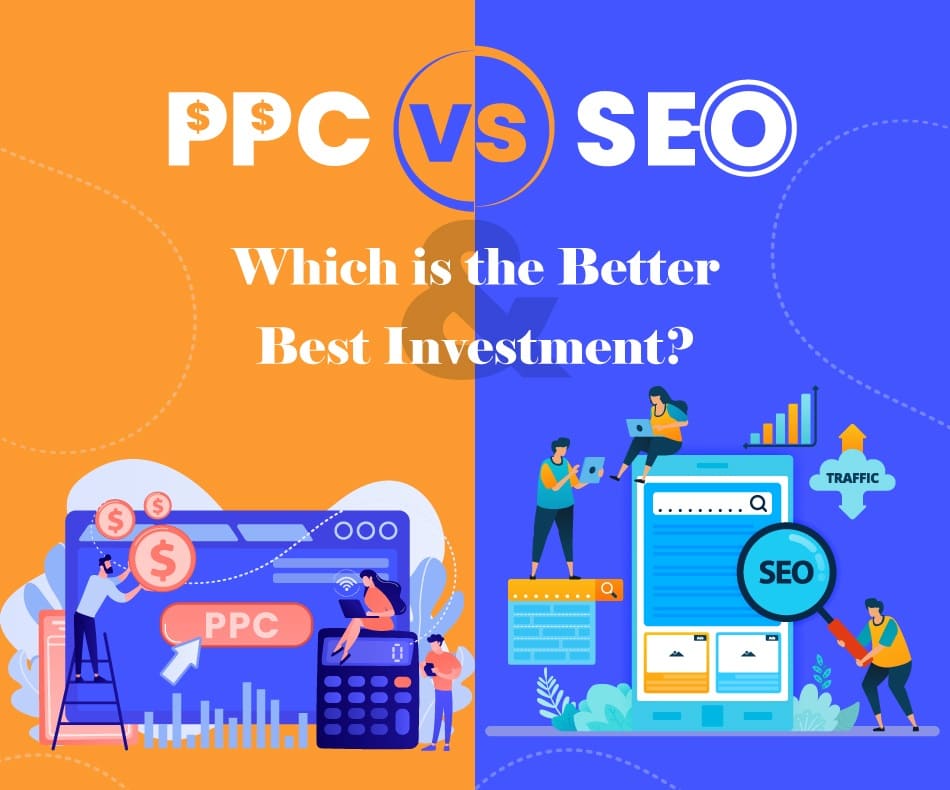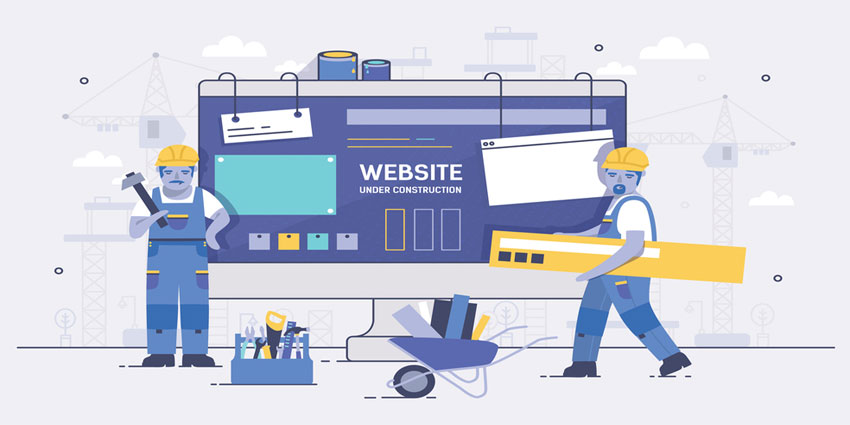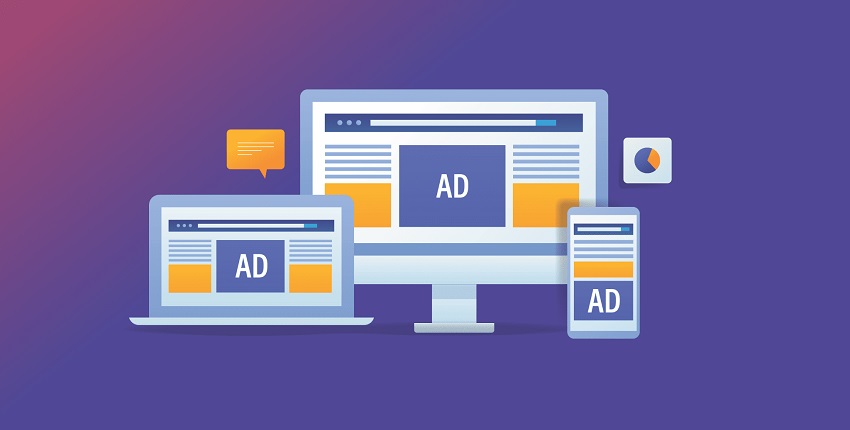In the long run, search engine optimization is better than ads. Selling pay-per-click ads will bring in immediate traffic, but there is a bigger return on investment if you optimise your website for search engines.
What is Search Engine Optimization?
Search engine optimization (SEO) is anything you can do to make your website rank higher on internet searches. Google and other search engines try to keep useful content on the first page and content that won’t satisfy a user farther down.
If users find low-quality websites or websites that are nothing like what they searched for, they will be disappointed. If Google searches fail to deliver the results people want, Google will lose business to Bing and other search engines. Algorithms prefer web pages that load quickly (making it load a second faster makes a big difference), are well-written, include images, and work well on mobile phones. A search engine optimization company can get your web page on the first page of Google for many common search phrases.
What is Pay-Per-Click Advertising?
With pay-per-click (PPC) marketing, you pay Google to place ads for your business at the top of Google search results. This is better than SEO in many ways.
First off, you don’t pay anything unless people actually click on your ads. This is very different from television, radio, print, or youtube ads, where you have to pay even if people ignore your advertisements.
Some of the people that click on your paid ads will immediately hit the back button and not give your product a chance, but they will at least briefly see your content. You can convert clicks into sales if you have an excellent landing page that gets the potential customer’s attention.
Secondly, PPC campaigns are easy. With SEO, you have to know a fair bit about how search engines rank websites, which is always changing. Not all of these changes are announced to the public, so SEO is largely for experts that do it full-time. With PPC, you only need a good landing page that can convert clicks into sales.
Pros of Search Engine Optimisation
Search engine optimization is an excellent long-run strategy if you do it right. After you succeed at making your site rank at the top for many keywords, you will continue to receive free traffic for a long time.
Possibly, a competitor could create a site that ranks higher than yours, but that might not happen for years. It might also take years before you have to change your site because of changes to Google algorithms.
A lot of SEO basics have stayed the same over the years. Google wants useful content to rank at the top. Over the years, the algorithm gets better at identifying the best content. If your SEO strategy is based on creating web pages that are actually useful, you can stay at the top for a long time.
SEO also doesn’t require a big budget. You can’t really do a good advertising campaign on a tiny budget, but low-budget SEO does work.
SEO may also help grow your business better than PPC marketing. If your website has useful or interesting content, people will keep returning to your website and making purchases. Creating content can work better than using advertising to drive customers to a sales page.
Cons of Search Engine Optimization
Search engine optimization takes time. If you want to do SEO yourself, you will have to create written content for your site, find images you can legally use, make sure everything looks as good on smartphones as on computers, and so on. You also need “off-page SEO,” such as social media accounts and reviews that send traffic to your site, to really succeed.
You can hire an expert to do it, but they might not be able to do it overnight either. SEO is a long-term strategy. With advertising, you can get a lot of new traffic on the first day.
Google also does not tolerate “black hat SEO” or ways of manipulating the algorithms so that your site ranks near the top. If you do things like stuffing the text on your site with as many keywords as possible, Google may notice this and blacklist your site from their search engines.
Pros of Pay-Per-Click Advertising
Again, PPC advertising gets you faster results. You will get new traffic and new sales on the first day when you advertise. Since ads are immediately effective, you can use them to draw attention to something like a sale or a new product.
It is also easy to increase your advertising as your business expands. You can simply double the amount of money you put into pay-per-click ads. SEO is not nearly as easy to scale. You can’t double your SEO efforts and expect to attract twice as many sales.
PPC also makes you feel like you are playing by your rules; SEO can be the other way around. With SEO, you aren’t allowed to know the exact test the algorithm uses to rank pages. Google hides what the criteria are and how important each one is from the public.
PPC lets you choose where to send people that click on your ads, monitor how well your ads are working with analytical tools, decide who sees your ads, and more. The biggest advantage is the analytical tools, which help you detect pages that lead to sales and those that scare customers away.
Cons of Pay-Per-Click Advertising
Advertising is expensive, and it is a recurring cost. If you want to run ads for your company continuously, you could end up spending a lot of money. PPC advertising is also unpredictable – you might suddenly lose money if many people click your ads but don’t buy anything.
Running PPC ads also isn’t something that anyone can do right. Someone without the right skills could easily target the wrong demographic and show their ads to people who won’t buy anything. Many inexperienced advertisers pick an overly narrow demographic, and you can make countless other mistakes.
Which is the Better Investment?
While successful businesses use both SEO and PPC advertising, the best is probably SEO. A new company that is just getting started and can’t afford ads should build optimised web pages instead.
Even bigger companies should focus on SEO first. If you can remain at the top for as many keywords as possible, people will remain aware of your brand and buy from you. Ignoring SEO is worse than ignoring advertising.





